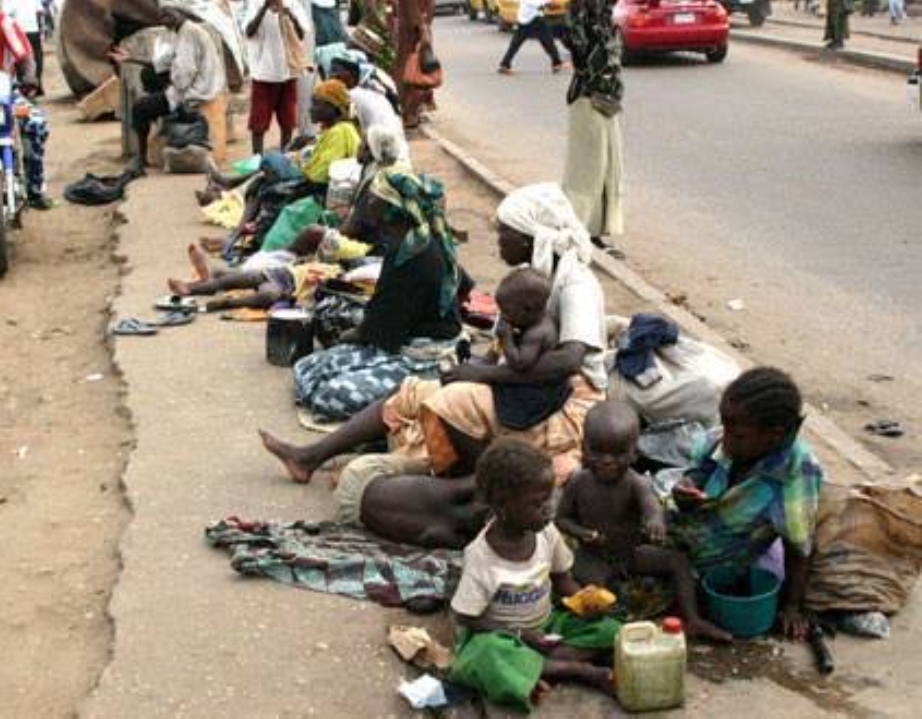Who is Igniting the Fire in Northern Nigeria?

By Zaharaddeen Ishaq Abubakar
Who is attempting to ignite a fire in Northern Nigeria? This question demands deep thought and analysis to uncover the answer. But before that, what is fire, and what are its consequences?
Fire refers to a chemical reaction that produces heat and light when fuel or oxygen meets something hot.
Fire can rapidly consume buildings, homes, vehicles, and other infrastructures, leading to significant loss of property. Additionally, it can cause smoke inhalation, which is toxic, burns to people and animals, and, in some cases, even result in loss of life. Fire releases harmful chemicals into the air and water, affecting the environment and human health.
Those affected by fire may face displacement from their homes and loss of personal belongings. The psychological and emotional impact of fire is also profound.
Fire can lead to substantial financial losses for individuals, businesses, and communities, including the cost of rebuilding homes and replacing lost items. I have provided this preface to serve as a signpost to the significant danger facing Northern Nigeria and its people due to negligence, self-interest, and the issues of corruption that have plagued the community, the masses, those in power, politicians, and wealthy individuals.
These vices I have outlined are the elements that can spark a fire capable of consuming everyone, including those who are unaware.
These harmful practices have led to widespread insecurity in almost all the states in Northern Nigeria, with few exceptions. Furthermore, they have created a dangerous element that could spark a fire that would engulf even those in power, traditional rulers, politicians, and wealthy individuals—namely, ignorance and poverty. The way ignorance is spreading in Northern Nigeria is alarming. According to the 2023 report by the United Nations Children's Fund (UNICEF), 60% of the children out of school in Nigeria are in the North. The numbers may increase this year due to the worsening poverty and insecurity in the region.
These children are the ones begging on the streets, both boys and girls. They grow up without any religious or Western education, without compassion from parents or guardians, and are left to roam the streets begging. You can verify my statement by standing on the roadside for five minutes, and at least two or three children will approach you, begging for something to eat.
Northern Nigeria Has Become an IDP Camp
According to a report by the United Nations High Commissioner for Refugees (UNHCR), statistics related to refugees and those displaced by conflicts and banditry in Northern Nigeria (IDPs) reveal:
- Over 2.5 million people have fled their homes in Nigeria, most of them in the North.
- 1.5 million of these people are in the North-West and North-Central regions alone.
- 200,000 people have fled to neighboring countries, especially Niger and Chad.
Additionally, based on the National Emergency Management Agency's (NEMA) data in Nigeria:
- Over 500,000 people have been displaced in Zamfara State due to bandit attacks.
- 250,000 people have been displaced in Kaduna State.
- 150,000 people have been displaced in Katsina State.
NEMA's 2023 report indicates that these numbers may have increased due to the worsening situation. To expand this research, organizations such as:
- The Internal Displacement Monitoring Centre (IDMC)
- The International Organization for Migration (IOM)
- The National Commission for Refugees, Migrants, and Internally Displaced Persons (NCFRMI)
can be consulted.
The insecurity in Northern Nigeria has devastated agriculture, which used to provide sufficient and affordable food. Insecurity has also destroyed grazing lands that provided wealth through livestock, which was Nigeria's primary source of wealth before oil. Moreover, insecurity has exacerbated unemployment among youths, with 65% now unemployed, leading to an increase in petty criminals. In a study we conducted, it was found that over 70% of small and medium-sized businesses have collapsed. What is the future of these children begging on the streets, who have lost their guardians and are beginning to experience hunger?
Where are the leaders, traditional rulers, and wealthy individuals? What do you see in the future of these children who have grown up without religious or Western education? Indeed, if urgent action is not taken, the current situation will worsen, and these children will become a fire far more destructive than the one described earlier.
This article will continue. We pray that God restores Northern Nigeria to its former glory, that God grants us leaders like Sir Ahmadu Bello Sardauna and Sir Abubakar Tafawa Balewa in any form to save the North.
by Zaharaddeen Ishaq Abubakar
Journalist, staff at Katsina Times, Katsina City News Magazine and Taskar Labarai
Email: mziag2013@gmail.com

